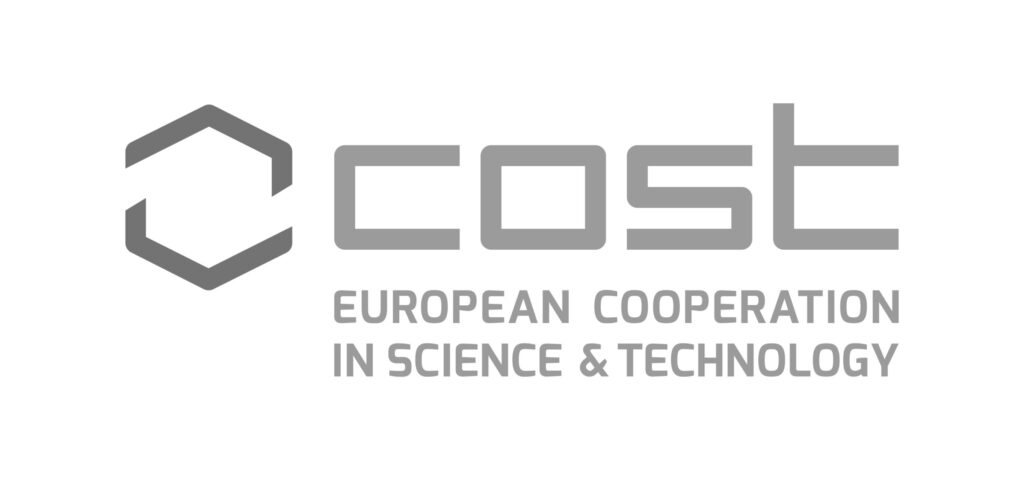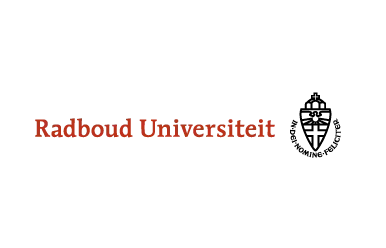WORKING GROUP 4
Coordination of training program and Short Term Scientific Missions (STSMs) for Young Researchers and Innovators (YRIs)
Working Group 4 will coordinate the training program and ensure close collaboration with international research schools such as the International Max Planck Research School on Population, Health and Data Science (IMPRS-PHDS) and the European Graduate School for Training in Economic and Social Historical Research (ESTER). Its main aim is to safeguard that YRIs, from ‘Inclusiveness Target Countries (ITCs)’ in particular, are included in all training activities, and to organize a great variety of training events, ranging from STMTs to MOOCs. The emphasis of most of these activities is on exchanging knowledge and best practices regarding how to study inequalities in health using historical and contemporary individual cause of death information, while at the same time teaching the basic building blocks needed from disciplines such as history, demography and epidemiology. The goal is to turn many of the developed training materials into self-study manuals/courses that will be made available open access to the public to guarantee that also scholars without funding can learn how to use the coding and classification system.
Leadership
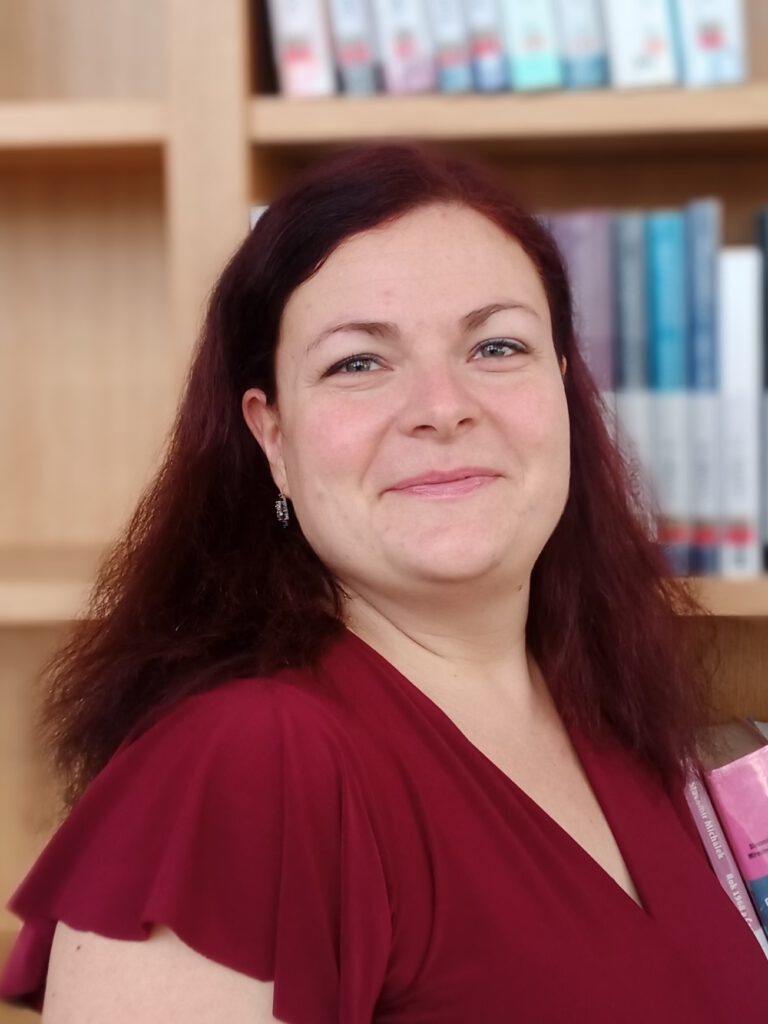
Dr Vera Slovakova
WG4 Leader

Dr Vera Slovakova
WG4 Leader
- Phone:+420777592189
- Email:slovakove@natur.cuni.cz
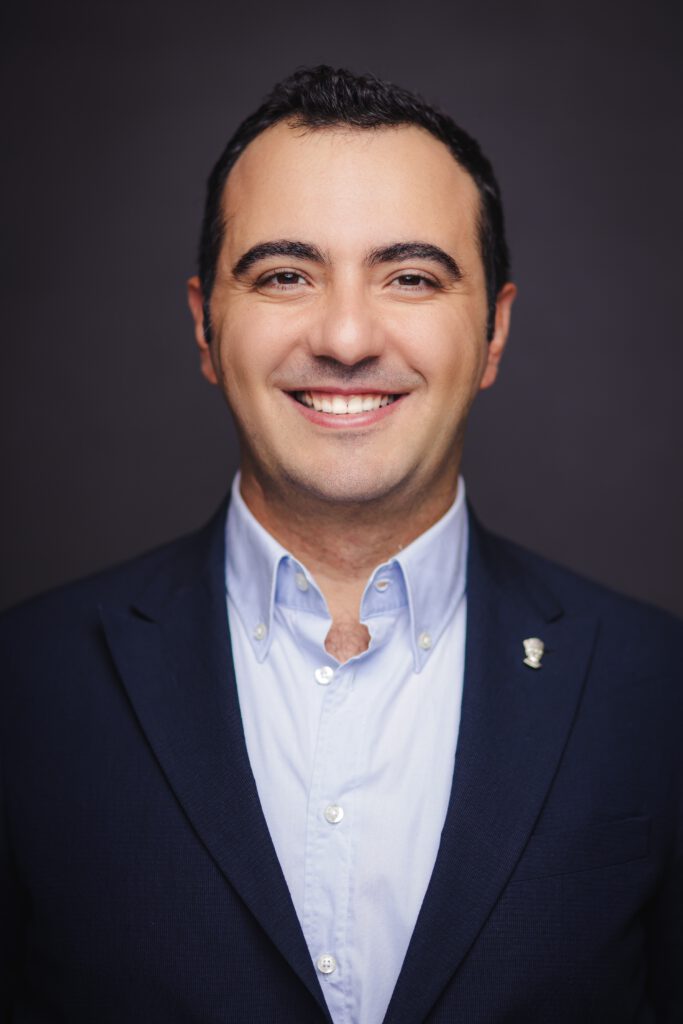
Dr Emre Sari
WG4 Co-Leader

Dr Emre Sari
WG4 Co-Leader
- Phone:+4746505003
- Email:emre@norceresearch.no
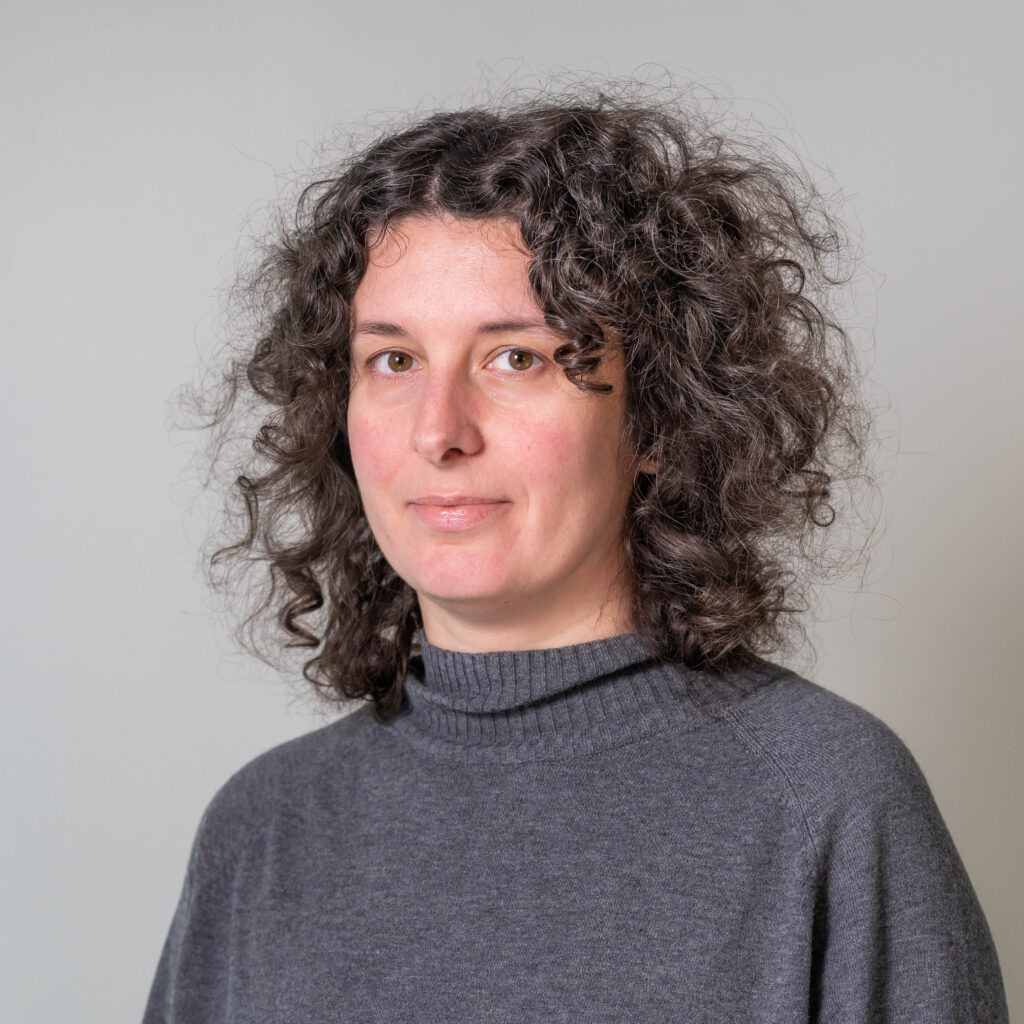
Ms Liili Abuladze
WG4 Co-Leader

Ms Liili Abuladze
WG4 Co-Leader
- Phone:+3726454125
- Email:liili@tlu.ee
News
Call for Papers 16th Conference
- 17 October 2024
See the full call here. We encourage junior scholars to apply to the 16th Conference of Young Demographers (5-7 February in Prague): deadline 28 October 2024.
Call for proposals Thematic Workshop:
- 02 September 2024
We are excited to announce the Thematic Workshop: ‘Funding Oppertunities for Studying Inequality in Health’. This will be a dedicated workshop in which participants can brainstorm
Online Lecture Series ‘An Introduction
- 30 August 2024
From October onwards we are organizing a Lecture series that will provide a introduction to studying inequalities in health using a long-term historical perspective and causes-of-death




